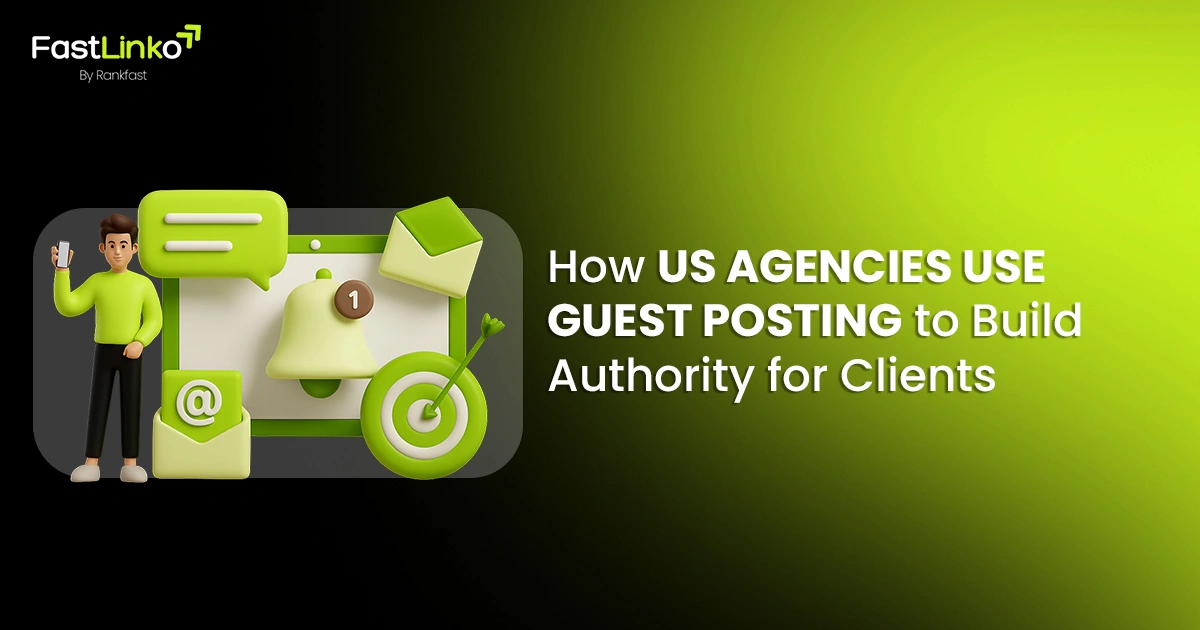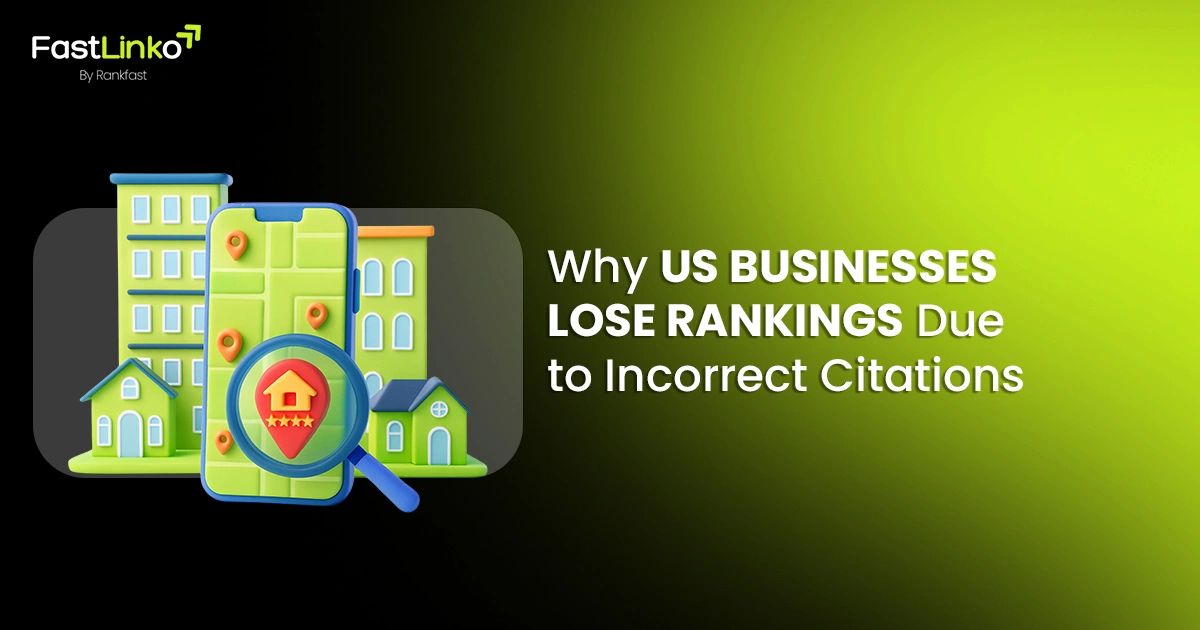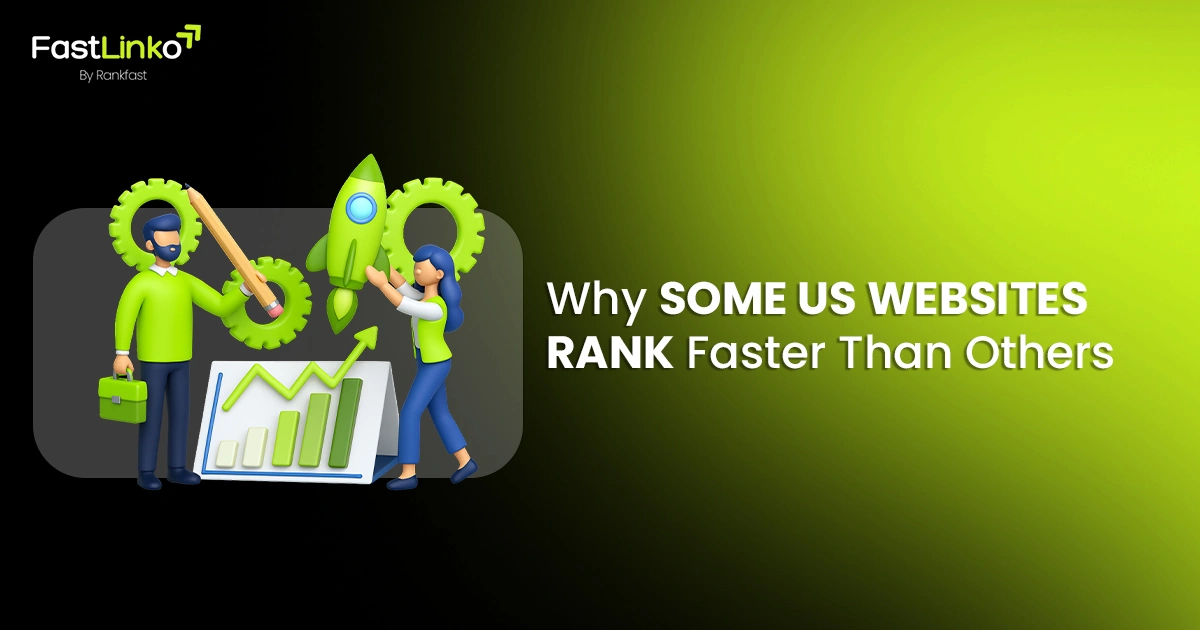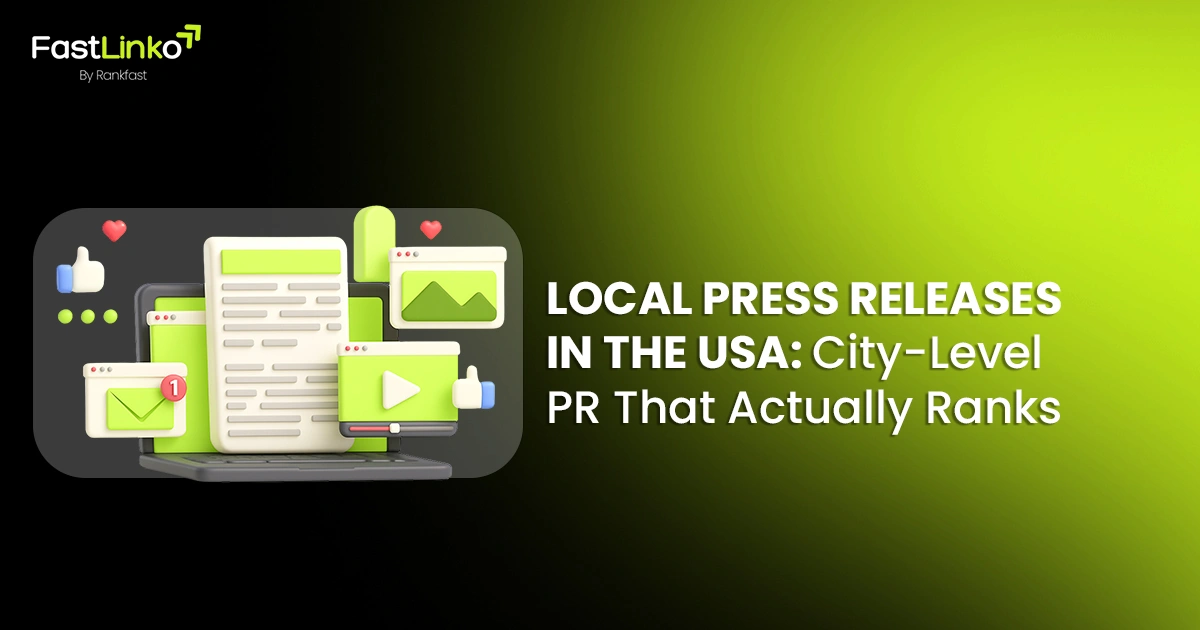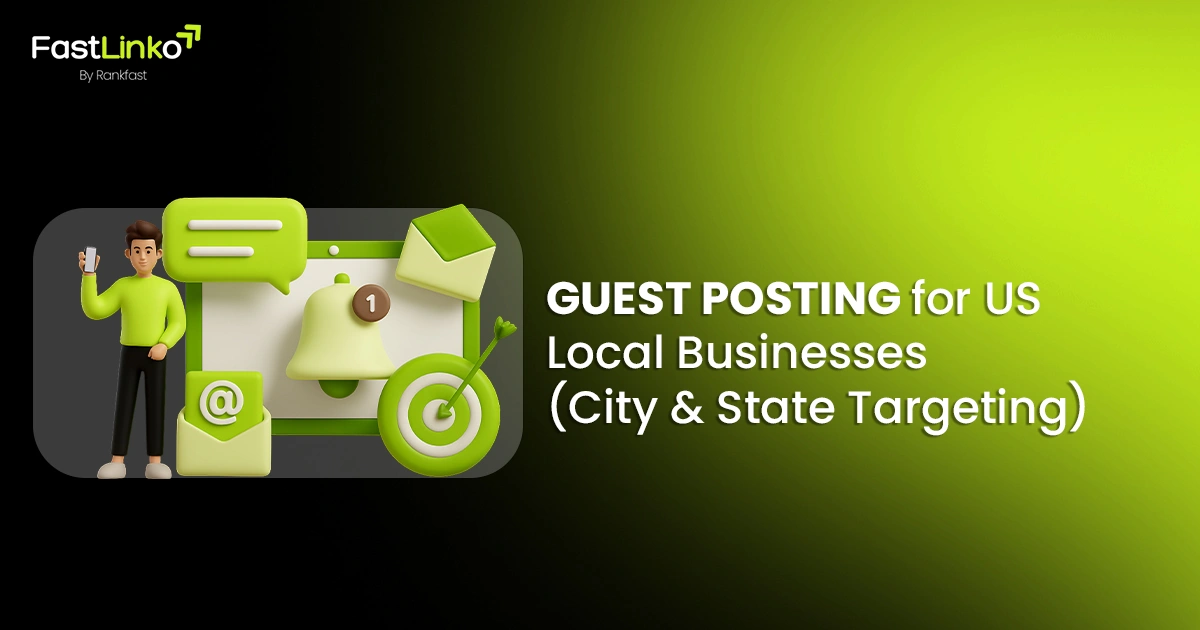
How Google AI Overview Impacts Local Citation Strategies

About Author
Recent post
Why US Businesses Lose Rankings Due to Incorrect Citations
Why Some US Websites Rank Faster Than Others
Local Press Releases in the USA: City-Level PR That Actually Ranks
Guest Posting for US Local Businesses (City & State Targeting)
Categories
In 2025, Google’s AI Overview has redrawn the local search map.
For B2B brands, local citation services now carry a new weight:. Beyond tools for digital traffic and appearing online, they also focus on being recognised by AI as a credible, verifiable entity.
In this AI-driven search environment, local citation building has evolved. Citations for SEO have transformed from a minor routine task to a digital marketing function. Every citation, from business directories to niche local platforms, aims to reinforce rich and structured data. They align it with Google’s machine understanding of entities.
Having outdated NAP details or duplicated entries doesn’t just hurt rankings. It signals unreliability in a system built to reward verified information.
This blog explores how local citation building services must now adapt to AI logic. Let’s examine how local citation services can help brands stay discoverable in Google’s AI-shaped landscape.
Why Google’s AI Overview Redefines the Rules of Local Credibility

With the introduction of Google’s AI Overview, a new turning point is created in local credibility and rankings.
Instead of matching keywords or counting backlinks, this algorithm now recognises entities. It actively searches for verified businesses, consistent data points, and trustworthy content relationships. This means citation building for local SEO is no longer about repetition, it’s about verified accuracy and contextual authority.
- From Index-Based Ranking to Entity Recognition
AI Overview doesn’t rank websites or content assets by their keyword density anymore.
It maps business entities through structured data, schema, and citations. For brands using local citation building services having accuracy now is more important for relevance than maintaining keyword volume.
Google’s AI actively cross-verifies business name, address, and category across directories. After assessment, it rewards brands that maintain a strict coherence across the digital ecosystem.
- Citation Quality Over Quantity

In the AI era, listing count has lost its edge.
Today, Google looks for semantic depth. It means how well each citation connects to your brand’s broader narratives. Having a single authoritative listing on a popular or mainstream directory may now outperform dozens of shallow ones.
Modern local citation services prioritise modern benchmarks like editorial quality, category alignment, and review credibility. These are used to build trust signals that AI can quantify easily.
- Trust Loops: How Google Validates Business Data

Trust is now iterative.
AI Overview checks citation for SEO. It measures whether structured citations, reviews, and on-site content reinforce one another. Verified reviews on Google Business Profiles strengthen directory data, while schema-verified citations validate those same reviews.
This closed feedback loop defines credibility in 2025. It is also why precision in local SEO citation building services now outperforms scale.
- Entity Verification and Structured Consistency
AI Overview cross-references every mention of your brand.
It performs an extensive analysis of your schema markup, directory listings, and contextual mentions. Then they are compared in real time to compute your brand’s reliability. Any inconsistency found between these sources automatically reduces your algorithmic trust.

That’s why citations for SEO now involve structured data validation and integration with review systems. This is done so Google sees your business as a verified, unified entity.
As algorithms evolve, local citation services must broaden their verticals. They can’t just focus on building listings, for effective service they must manage data ecosystems as well.
In the modern digital landscape, the future belongs to experts who act as custodians of local data integrity, not just citation builders.
The New Standard for Local Citation Services in the AI Era

As AI-overview gains popularity, local citation services rapidly become the backbone of location-led brand visibility.
For B2B enterprises, these citations are more than directory mentions. They are trust signals that help search engines understand where and how your business operates. In the AI era, precision and credibility in local listings directly shape how a brand is interpreted by algorithms and audiences alike.
Let’s take a look at the new standard for local citation services in the AI era. Explore what actually boosts ranking for AI overview:
1. Data Orchestration as Competitive Infrastructure
Modern local citation building isn’t about scattering information across the web.
It’s about maintaining a single and consistent source of truth for your brand. Beyond that, it should also keep updating across local endpoints in real time.
The best local providers of citation building services merge citation management with your CRM and Google Business Profile data. This move ensures that every office address, phone number, and operating hour remains consistent and verifiable with digital tools.
For regional or franchise-led B2B models, this power move becomes citation infrastructure. It tightens operational control while pushing brand legitimacy in search.
2. Proactive AI Monitoring and Accuracy Audits

Google’s systems are increasingly powered by AI-driven entity understanding.
Here, even minor data inconsistencies can disrupt local rankings. Modern citation services conduct automated audits to detect citation drift, duplicate entries, or outdated profiles before they erode brand trust.
These processes do more than clean data. They protect search authority by aligning your business details with Google’s perception of your entity.
In competitive markets, this vigilance determines which brand gets mapped first.
3. Strategic Localisation for Relevance and Reach

The strongest citations today are not just correct, they’re contextually tuned.
Citation building for local SEO now demands geographic and intent-based precision. Citation making experts now map citations to buyer behaviour, adapting metadata, categories, and descriptions. They reflect how local audiences search for services in their region.
For example, a logistics firm in Pune and one in Singapore should not share identical local descriptors.
Smart localisation transforms a citation from a static mention into a conversion-ready entry point.
4. Compliance, Governance, and Scale
As brands expand across multiple markets, citation management becomes an administration challenge.
High-end local SEO citation building services operate with your brand’s compliance-first frameworks. They prioritize your objectives and work to achieve them through digital marketing. These experts track user permissions, maintain brand guidelines, and manage regional publishing standards.
This well-designed scaling strategy builds growth that doesn’t come at the cost of accuracy. Every branch, every city listing, every partner mentioned follows the same standard that defines enterprise-grade visibility.
For B2B leaders, AI overview changes citation management from a local SEO checkbox into a strategic layer of digital infrastructure.
In the next section, we’ll explore how top-performing businesses channel these citations for SEO principles to build scalable, AI-friendly citation ecosystems.
How Google AI Overview Impacts Local Citation Strategies

The evolution of Google’s AI Overview has redefined how visibility is earned and sustained across local search ecosystems.
For B2B firms and marketing agencies, local citation services are no longer just about directory presence. They now show how consistently and contextually a brand is understood by machines and viewers.
AI has also advanced in 2025. It no longer indexes data in isolation. Instead, it interprets relationships, authority signals, and entity accuracy to find businesses that deserve visibility in AI-driven search responses.
Now, let’s explore how google AI overview impacts local citation services today:
- AI-Optimised Citation Architecture

In this AI-optimised environment, citation building for local SEO depends on how machine-readable your ecosystem is.
Embedding schema markup, maintaining entity identifiers, and using structured metadata across listings are key to digital exposure. These elements help AI connect your business name, location, and services across multiple local citation sites precisely.
When citations are cleanly structured, AI recognises them as verified nodes of trust. This enables stronger inclusion in overviews and summarised search results.
In fact, advanced citation strategies also incorporate API-based syncs and automated audits in their platforms to maintain uniformity across hundreds of platforms.
For B2B marketers, that means controlling not just where citations appear, but also how AI perceives their authority.
- Cross-Validation Workflows
AI Overview rewards data that seamlessly syncs across multiple touchpoints.
This makes local citation building a part of the broader tech system, where your website schema, social business pages, and PR mentions all validate one another. Cross-validation on many platforms eliminates conflicting signals. It also causes AI models to rank your brand higher due to perceived consistency.

Marketers should design citations for SEO with traceable identifiers that match their Knowledge Panel, Google Business Profile, and industry-specific directories. AI evaluates this synchronisation as a trust signal. Then it directly influences your chances of being referenced in its overviews.
B2B firms that are managing distributed teams or multi-location networks should no longer rely only on static listings. They must make coordinated data ecosystems that remain aligned even when content updates flow through.
- Partnership Integration
Citation building services mostly work without the complexity that AI visibility now demands.
Best partnerships blend human QA oversight with predictive AI tools to detect any data drift before it affects your brand’s search performance. Agencies and local SEO citation building services also use hybrid frameworks to maintain contextual accuracy while scaling updates across networks.

These collaborations work best when the brand’s internal teams share their data pipelines with their citation partners. They forward every update, whether in address, service line, or branding, propagating uniformly.
In high-stakes B2B environments, this precision makes your digital footprint consistent and algorithmically legible. AI models rely on it to confirm your legitimacy, especially when they are summarising competitive markets or technical sectors.
- Dynamic Adaptability
AI’s parameters evolve in quarterly cycles. They keep introducing new ranking weights and interpretation models every few months.
To stay ahead of these changes, brands must adopt adaptable workflows. This includes scheduling audits every quarter to recalibrate schema, update inactive listings, and integrating new directories that follow emerging AI discovery paths.
Expert firms treat citation building for local SEO as a dataset, not a one-time project. Continuous adaptability makes your brand’s citation network grow with AI’s understanding of relevance and authority.
Rather than reacting to ranking shifts, such brands shape them. This can only be done by signalling trustworthiness through constant, verifiable accuracy.
- Visibility Measurement in the AI Era

Traditional SEO methods relied heavily on keyword rankings.
With AI-driven search summaries, visibility metrics have changed. They now depend on qualitative data integrity. To measure citation impact means to assess your data trust score, citation stability across platforms and inclusion frequency within AI-generated overviews.
Some forward-thinking brands have already started introducing AI visibility dashboards. These tools track how often their brand entity appears in AI summaries, what sources support those mentions, and which citation touchpoints carry the most influence.
This transforms citation management into a measurable performance metric. Firms can even benchmark citation consistency as part of their authority scoring.
Thus, AI overview is bridging the gap between local SEO metrics and broader content visibility outcomes.
- Reframing Citation Strategy as AI Readiness
As AI continues to reshape discovery, the core function of local citation services is being redefined. They are only useful if they are high on quality and interpretability.
Brands with clean, well-structured citations supported by ethical citation building services have a clear edge when it comes to AI overview. This is because AI systems treat their data as dependable.
In the long term, citation strategy will be a key component of AI readiness.
Every citation becomes an opportunity to influence search systems. For B2B enterprises navigating competitive landscapes, the goal is clear. They should focus on controlling not only where the brand appears but also how AI understands and presents it.
When executed with precision, responsibility and consistent optimisation, citation building becomes an intelligence-based foundation for digital traction in the age of AI.
Conclusion
Google’s AI systems favor brands that stay consistent, verified, and easy to understand.
For B2B companies, accurate local data isn’t a formality, it’s how trust is built online. Every citation that aligns with your brand’s real footprint boosts its credibility across search ecosystems.
Fastlinko helps businesses keep that consistency intact by refining data, monitoring changes, and maintaining visibility in high impact spaces.
In a search landscape led by AI, brands that protect their information and presence don’t just rank better. They’re remembered and chosen more often.
FAQs
Why do citation services matter more in the AI-led search ecosystem?
AI Overview interprets credibility through consistent, well-linked brand information. Citation services don’t just update directories anymore. They shape how algorithms understand your presence. When accuracy and frequency converge, your brand earns the algorithm’s trust. This gets converted into sustained visibility and qualified local traffic.
What is an AI-ready citation profile today?
An AI-ready citation profile is built on clean, verifiable data that syncs with schema standards and recognisable business signals. It maintains consistency across platforms and eliminates any contradictions that confuse algorithms. For Google’s AI, this consistency means brand authenticity. Realness is a prerequisite for inclusion in AI Overview layers.
Are traditional citation directories still relevant?
Yes, but selectively. Google’s AI doesn’t reward volume anymore. However, it values authority and consistency. A handful of credible, regionally relevant directories often outperform hundreds of low-quality links. The goal is not to appear everywhere but to be accurately represented where AI expects reliable business data to exist.
What risks do outdated or duplicate citations pose under AI Overview?
Inconsistent or outdated citations damage how Google understands your company. In AI Overview, such noise dilutes authority and makes brands appear less reliable. For viewers this means even one neglected data point can undermine months of visibility-building, especially across multi-market or franchise models.
How can local citation services future-proof brand visibility?
Future-ready citation services combine manual verification with AI validation. They integrate structured data layers, monitor trust signals, and maintain change logs. This ensures your business information remains synchronised with Google’s shifting entity graph. The result is sustained presence across organic and AI-led search experiences.
- Your cart is empty Browse Shop
DISCUSS NEW PROJECT OR JUST TO SAY HELLO GET IN TOUCH WITH US
info@Fastlinko.com
+91-9990725969
200 Park Home Avenue
M2R 1A2 North York, ON, Canada
© Fastlinko 2025 . All rights reserved, Rankfast


